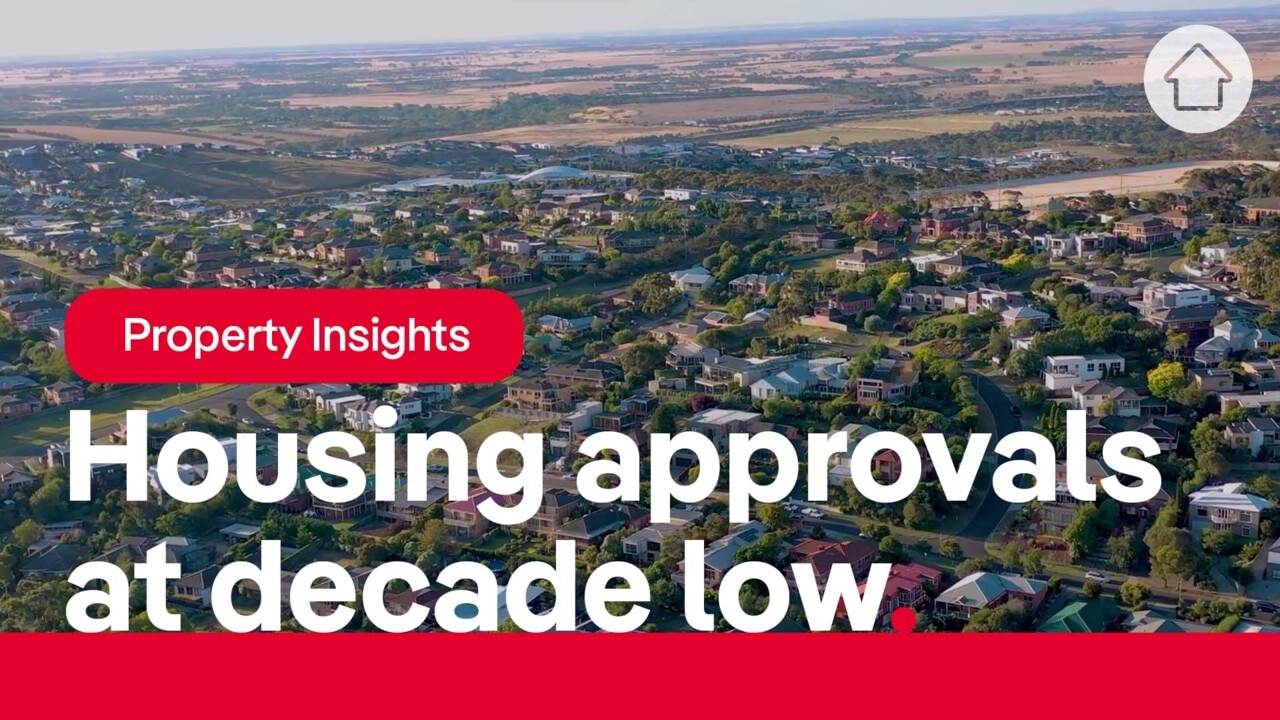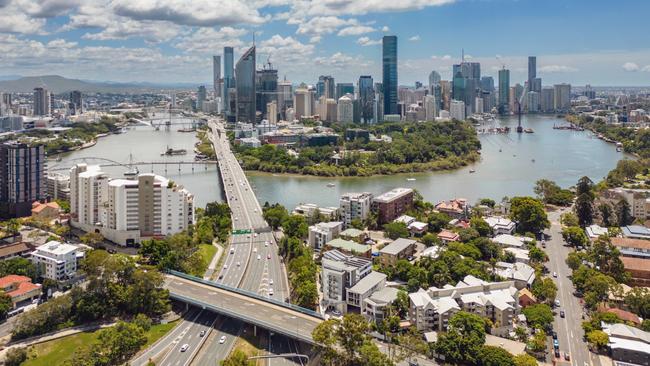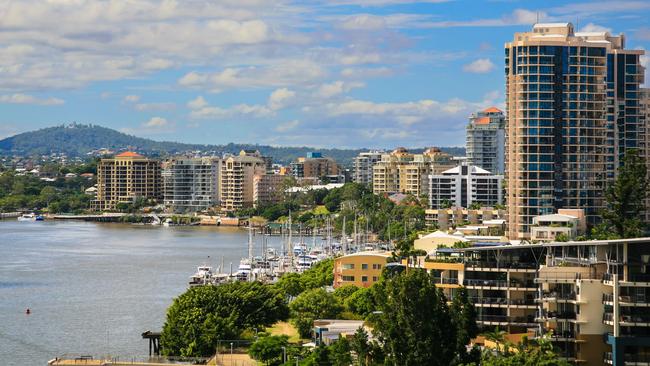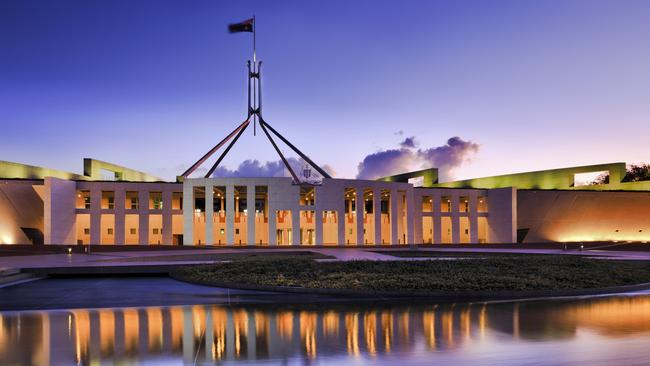‘Reduce overseas investors’: New housing backlash against migration
Greater pressure is mounting on the Albanese government to cut immigration and foreign purchases of Australian homes as the housing and cost of living crisis escalates.

Property
Don't miss out on the headlines from Property. Followed categories will be added to My News.
Greater pressure is mounting on the Albanese government to cut immigration and foreign purchases of Australian homes as the housing and cost of living crisis escalates.
Latest research from McCrindle found 60 per cent of Australians want immigration numbers to be significantly reduced “so that the current infrastructure challenges and cost of living pressures are well managed”.
MORE: Suburbs where home prices are set to boom
Surprisingly cheap rent for music star’s beach house
Jawdropping mortgagee sales now on the market

A massive 62 per cent of those surveyed believed immigration to Australia had negatively impacted house prices, and 63 per cent when it came to housing supply fallout, according to The Pulse of Australia’s Property Market report, released Tuesday.
It found hopes of entering the real estate market among non-homeowners varied from two in every five confident to 12 per cent not confident at all.
Some of the changes being advocated included limits on overseas buyers of local property and tighter restrictions on investors to improve the chances of first home buyers.
“Reduce overseas investors”, was one solution mentioned against foreigners, but fed up homebuyers were also zeroing in local investors’ tax incentives.
“Scrap negative gearing and incentives for making money off multiple houses”, was one of the calls made.

According to the Australian Taxation Office report on foreign purchases of residential real estate for the 2022–23 financial year, released last week, foreign buyers rose 27 per cent in that year, buying $4.9billion worth of homes and selling $1billion worth. The sold figure includes situations where the foreign buyer transitioned to permanent resident or citizen of Australia – even if the property was not actually sold.
Victoria was the top state for foreign buyers of real estate, followed by Queensland, New South Wales and South Australia, with 78 per cent of the properties worth more than $1m.
International real estate firm Juwai IQI co-founder Daniel Ho said the 27 per cent increase in buying last year shows overseas buyers were bouncing back after the travel slowdown during the pandemic.
“The number of offshore buyers in New South Wales was flat, and actually decreased by 1pc from 664 to 656. Meanwhile, the number of buyers in Queensland and Victoria jumped. The number of buyers in Queensland climbed 17pc, while the number of buyers in Victoria jumped 32pc, by about a third.”

SEE THE LATEST PROPTRACK HOME PRICE INDEX
The Pulse of Australia’s Property Market report said Australians were most likely to see high property prices as the biggest barrier facing first-home buyers (38pc), followed by cost-of-living pressures (31pc) compared to deposit requirements (15pc).
Feedback from those surveyed for the report included that “(there should be) more reasonable (housing) prices compared to people’s wage”, urging leaders to “come up with an answer to the spiralling cost of housing. It is no longer achievable in too many cases”.
Governments were also urged to take on the wealthy superannuation sector which has fought off any attempt to allow members to use super balances for housing deposits.
“(You should be) able to access your super to buy a house or as a deposit,” the survey was told.
The report said “as these discussions and debates about housing continue, Australians express a growing demand for political openness”.
McCrindle found more than seven in ten Australians (71 per cent) want more transparency from politicians about the number of properties they own too. “The sentiment reflects a broader desire for more proactive and tangible action from policymakers to address the housing crisis.”
More Coverage
Originally published as ‘Reduce overseas investors’: New housing backlash against migration




